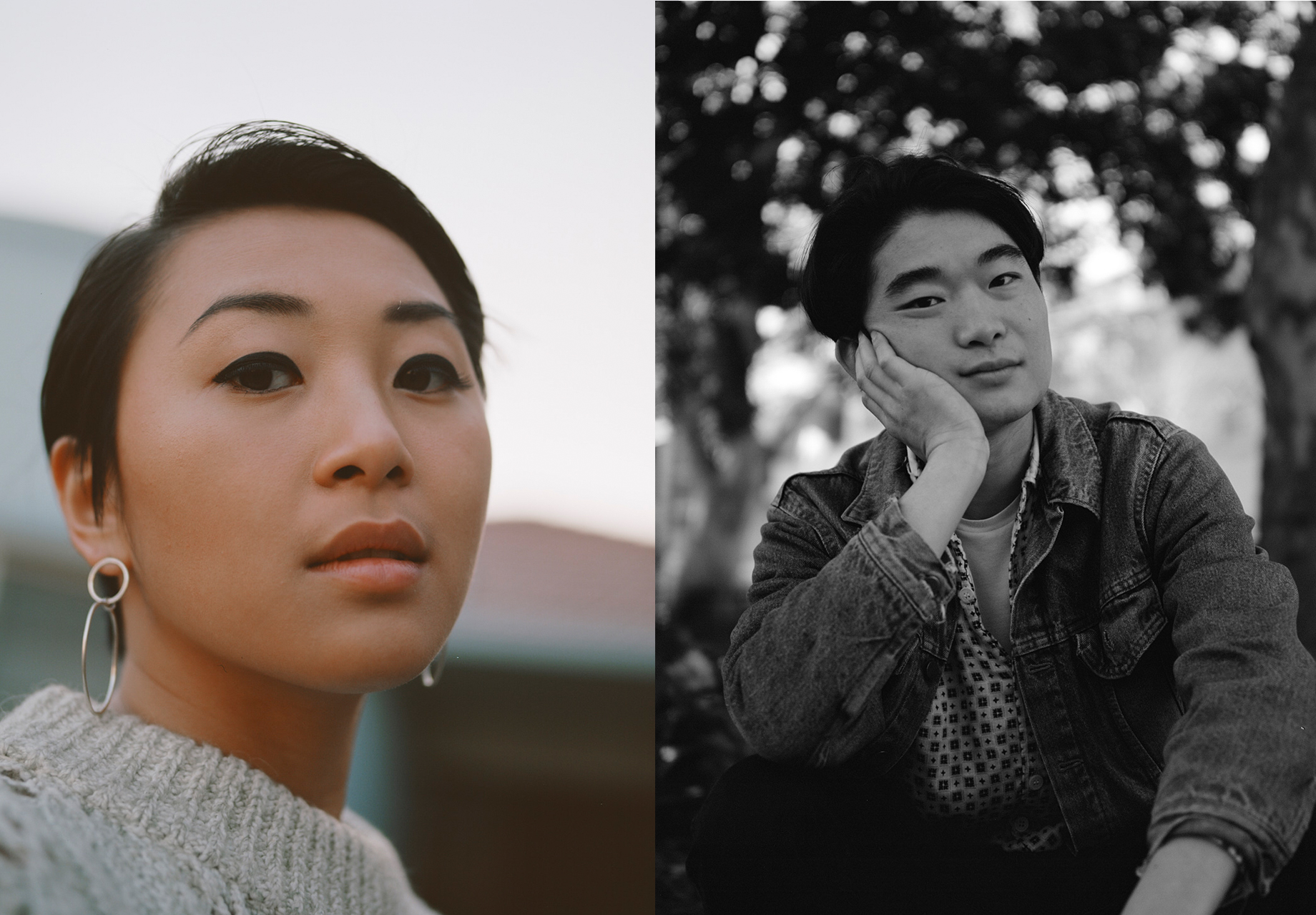Our original intention for this story was to draw attention to the lack of Asian-Australian representation both on screen and behind the camera in Australia. According to the last census, almost 17 percent of the population is of Asian descent but in no way is this reflected in what we see at the movies or on TV. As an Asian-Australian working in the entertainment industry myself though, I know just how much great talent is out there and that thanks to these hard-working first, second and third generation minds, things really seem to be changing. Against the backdrop of the release of Crazy Rich Asians—a film showing Hollywood in no uncertain terms that Asians are bankable—and the forthcoming filming of the largest-ever Chinese co-production, The Whistleblower in Australia, it seems like the foundations are being laid for more genuinely diverse storytelling.
A new generation is realising their worth and demanding the recognition they deserve. In the second of our special two part series we’re shining a light on creatives from various parts of Asia and at various stages of their careers, who continue to follow their dream and make work that adds to the richness of our culture.
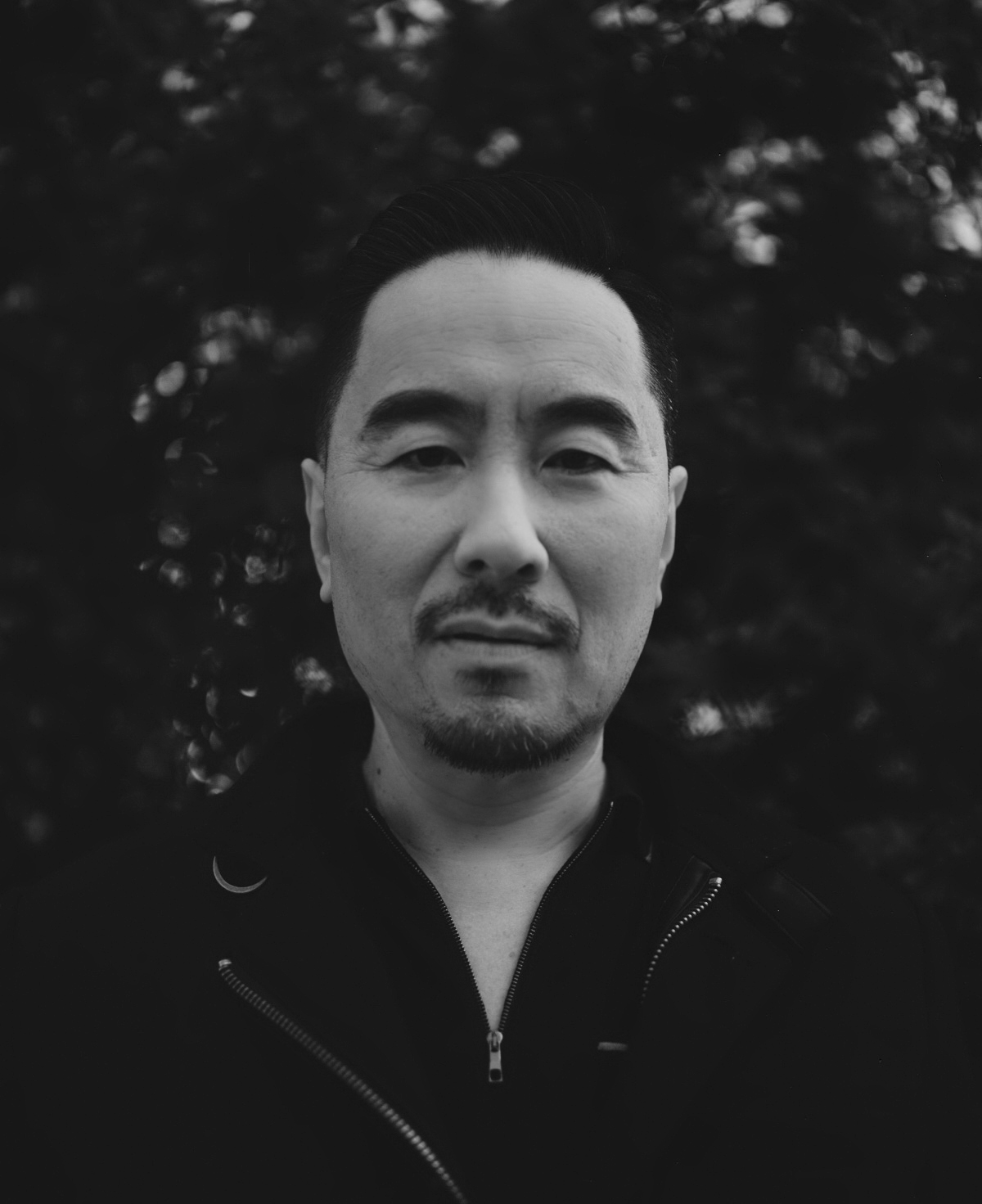
Anthony Brandon Wong, actor, acting coach, singer, songwriter and writer
“I’ve never really experienced overt racism, but when I started as an actor in the 80s, it was much rarer to see Asian or non-Caucasian actors onscreen or onstage. Opportunities to play a lead role in a show like The Family Law were almost non-existent back then. In 2018, I’m so delighted to see so much diversity in film, TV and theatre. That said I’d like to see more women in key roles — as directors, writers, producers, lead cast and crew. More LGBTQI stories and more onscreen representation of people with disabilities.”
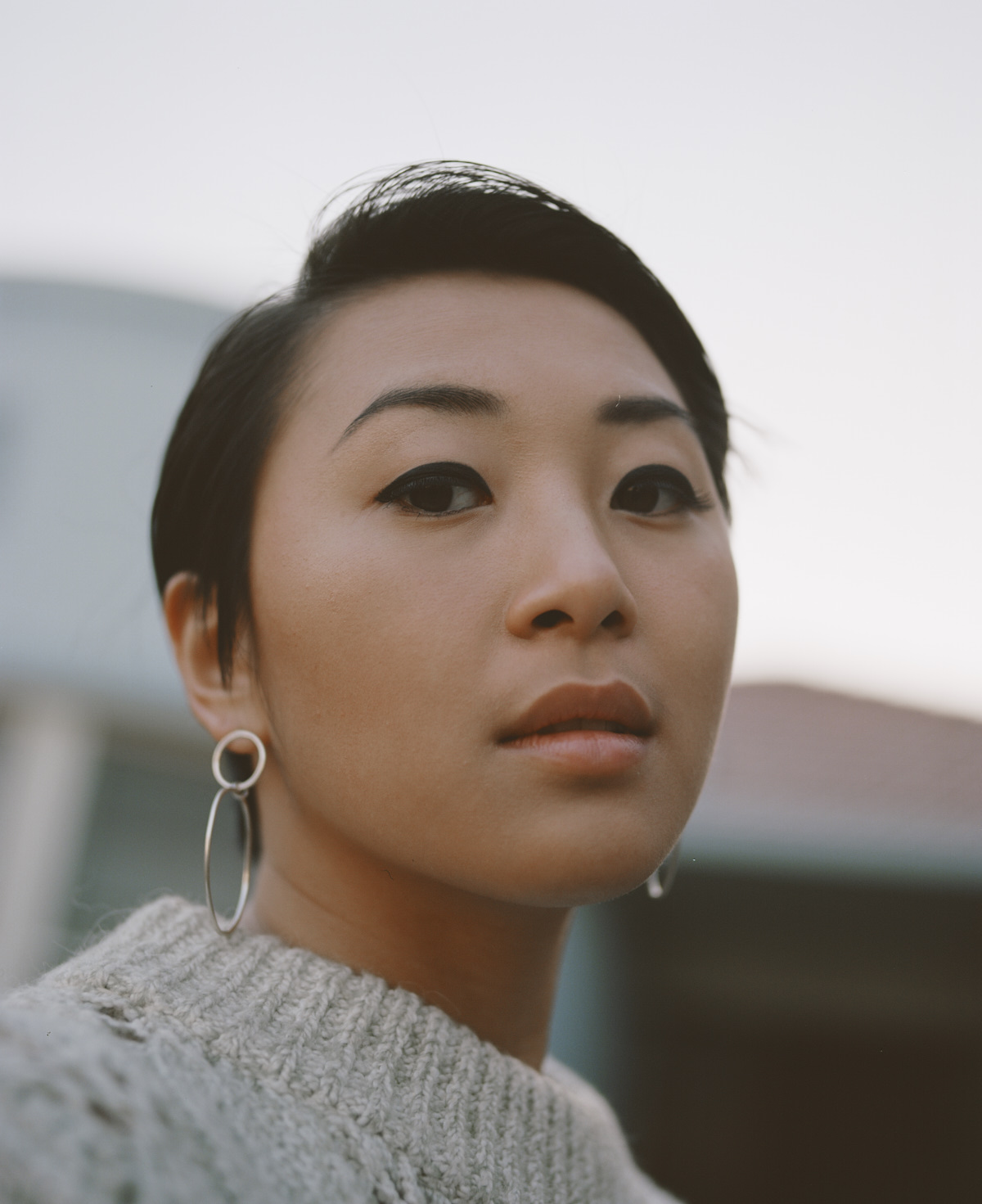
Cassandra Chung Ha Sorrell, actor and writer
“I think it’s important to expose people to different perspectives. The next step forward is just to see Asian actors in roles that have been traditionally written for Caucasian actors. Asian women can surf, be the romantic lead, or the James Bond of films. Not just doctors, nerdy side-kick friends or prostitutes. It may sound antiquated but in the end it’s just about storytelling. There hasn’t been a platform for us for a long time, and we have a lot to say. Not just as Asians but as human beings.”
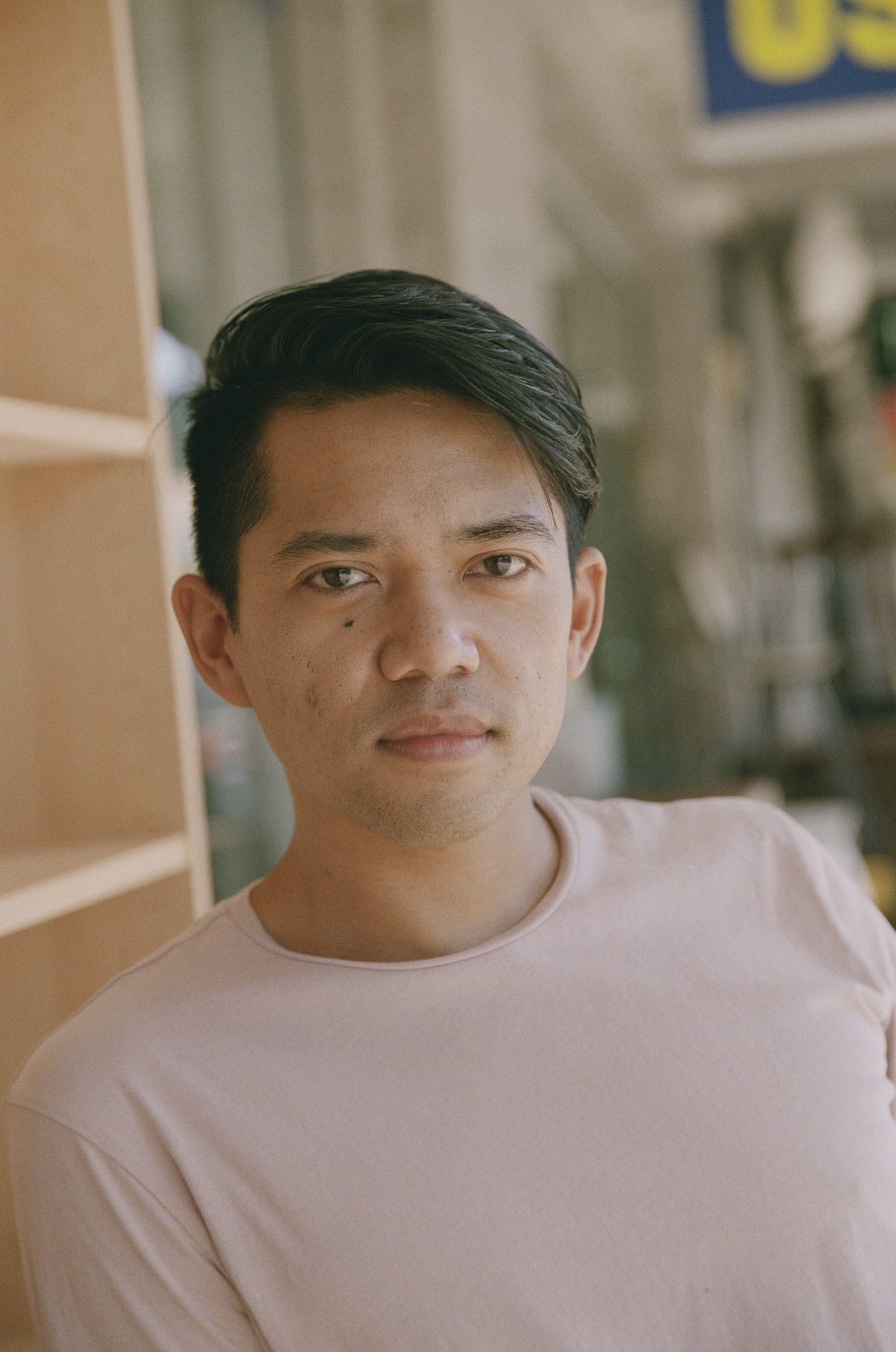
Vonne Patiag, director, writer, producer
“It is vital we tell more stories with Asians and diversity at the fore. We’ve made certain waves in ensuring casts are more diverse but we need to make sure there are more creatives in decision making roles in order to get those real cultural nuances right. A producer once told me, ‘Tell your story in the most authentic way possible as you might be helping someone else who can’t articulate their truth to speak.’ I live by these words now. I love celebrating my difference, as that ensures my work has a distinct artistic voice in the hopes that others find ways to celebrate what makes them different too.”
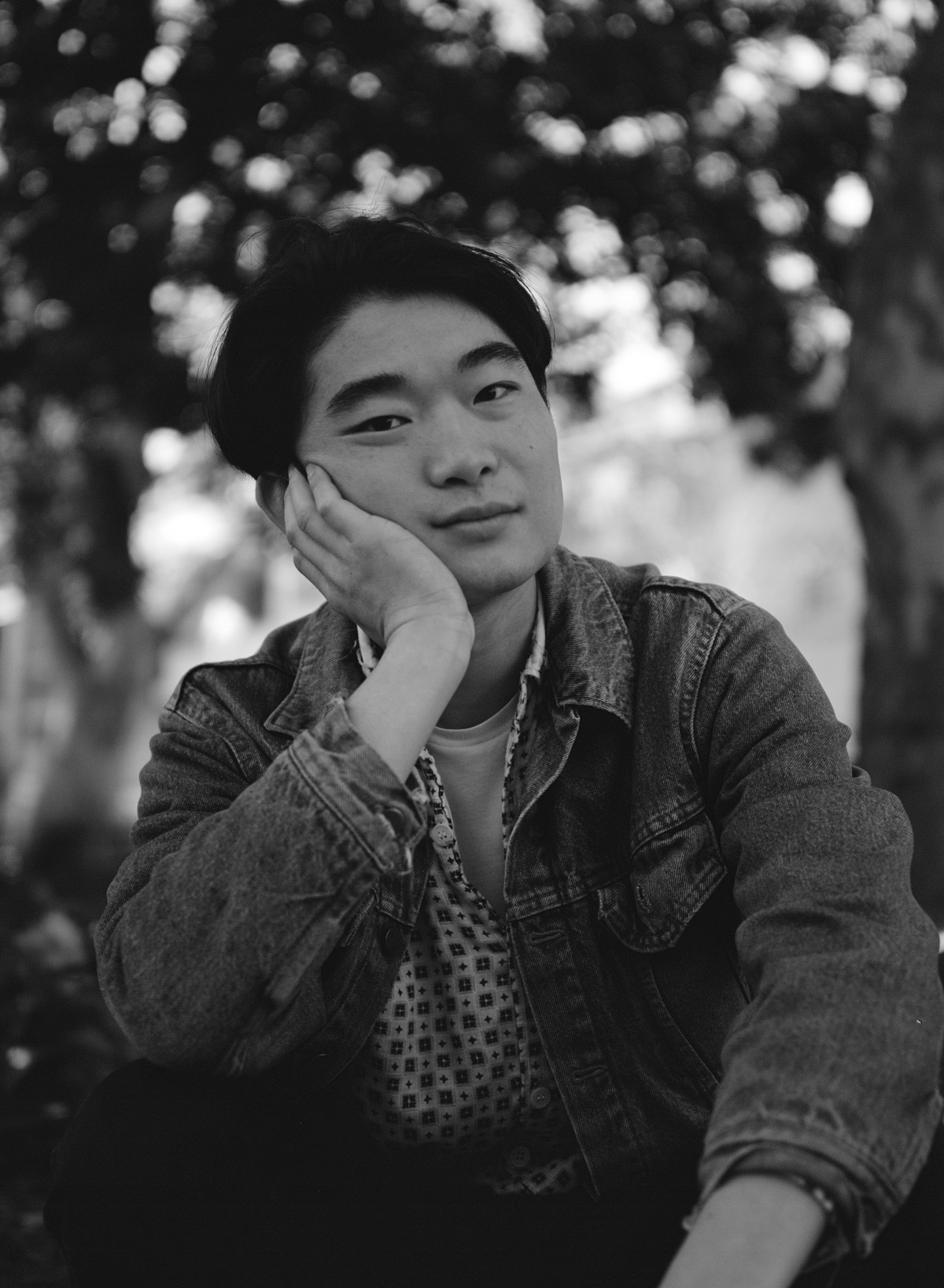
Charles, actor and musician
“Before I started to work regularly, and certainly throughout drama school, there was a sense that you had to be twice as good or hardworking as everybody else to stand out. But now that I have a modicum of confidence and experience, I know not to get hung up about it. I’ve also been fortunate enough to work with unfailingly good people. Surely the goal is to not have to be hamstrung by modifiers to our work and have everything prefixed by our race. God forbid we should leave out the word ‘Asian’ in anything we do!”
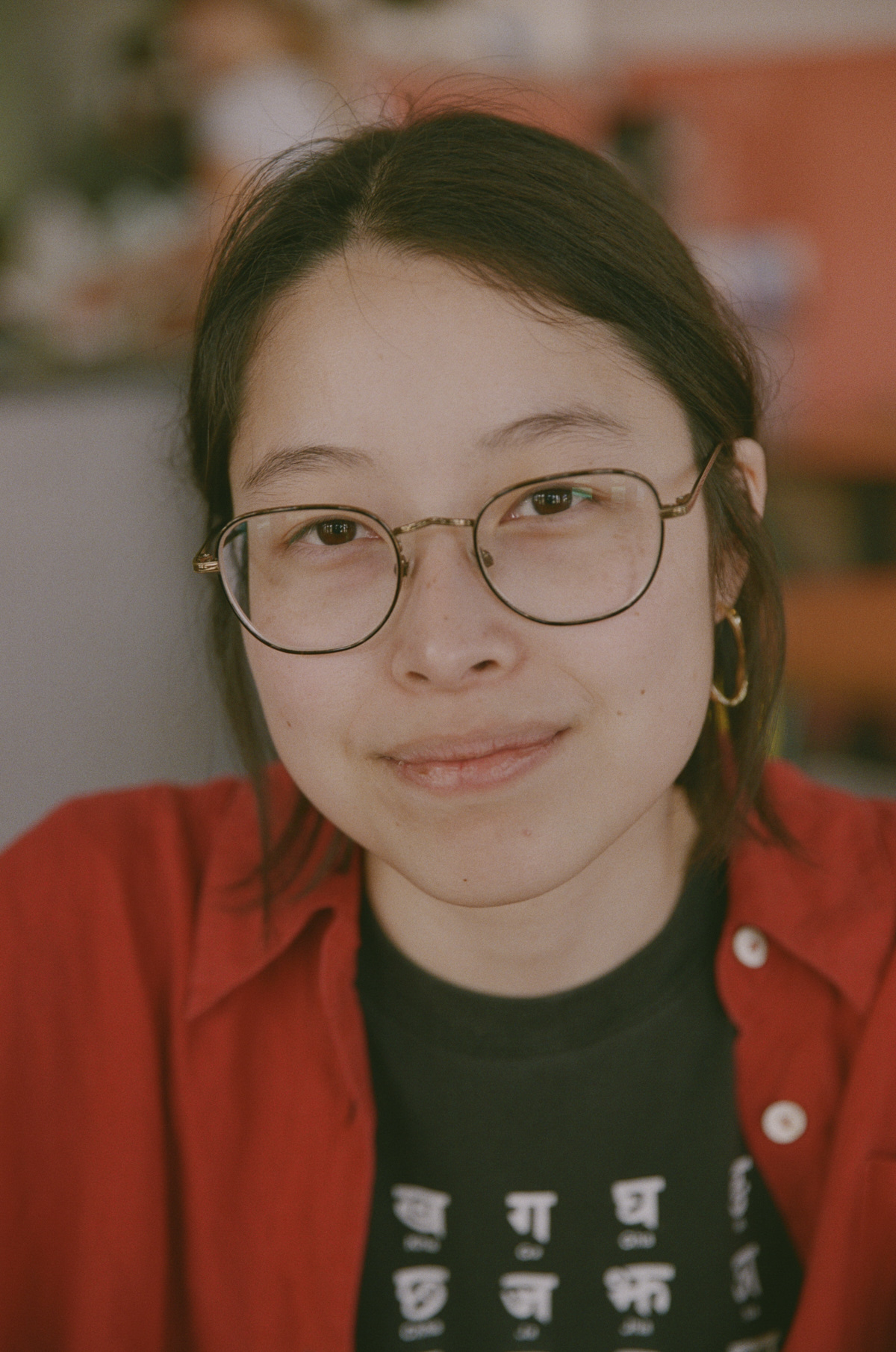
Hyun Lee, writer, director and photographer
“I’m not sure that any of the challenges I’ve faced have been specific to my being Asian, and I’m not sure that anyone can ever be sure, unless there’s overt racism. It’s hard to pinpoint. However, I can say I’ve been told “no” many, many times and the most momentum I’ve ever had in my career has been thanks to diversity initiatives. In an ideal world, funding bodies would no longer need to see whether or not you tick the diversity box.”
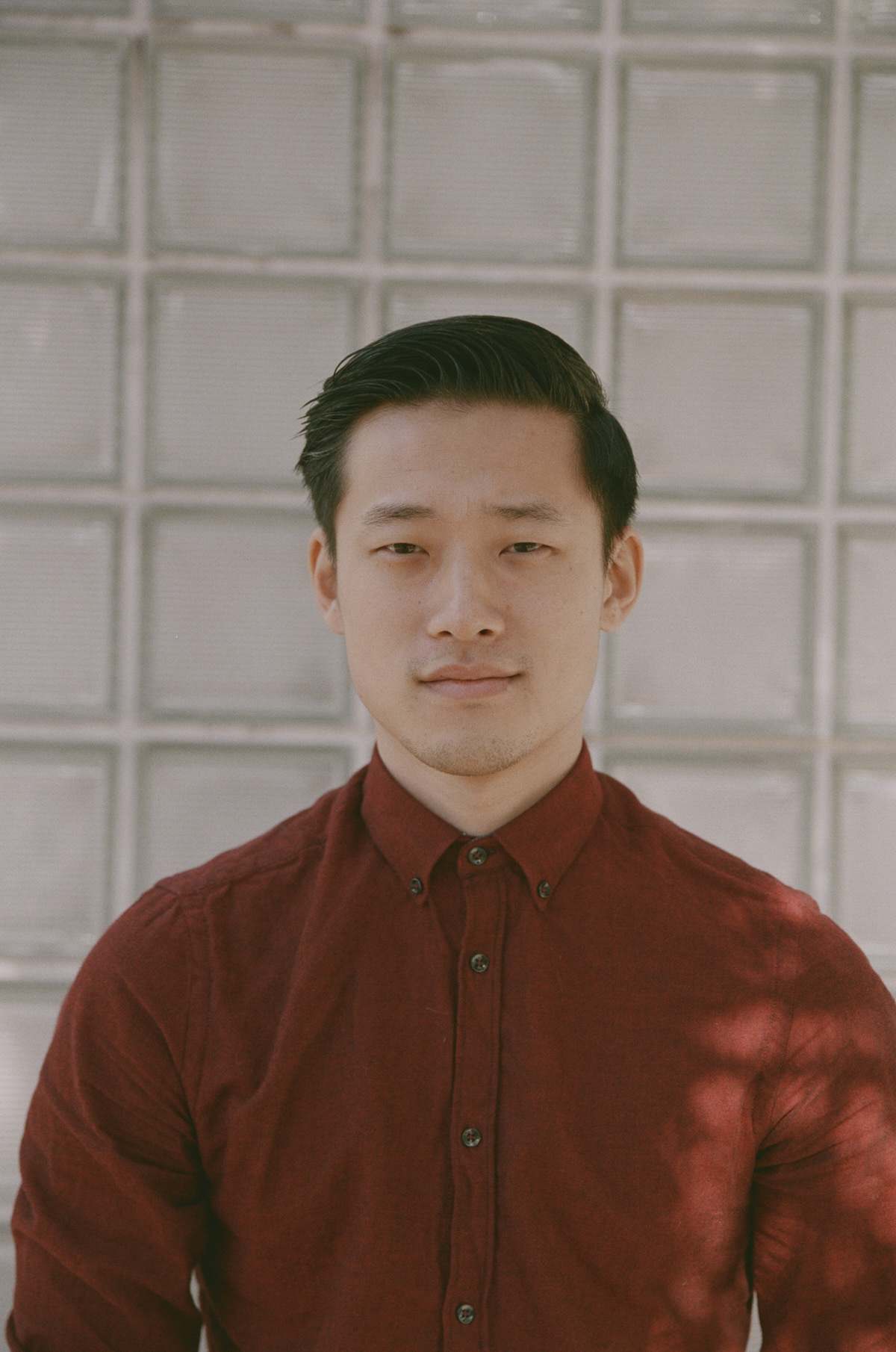
George Zhao, actor
“There was a lot of self hate growing up, during high school in particular. Being Asian just wasn’t seen as something to be proud of, we were either invisible in the media or perpetuated as a particular stereotype. I found that for me at least, marginalisation was more of a problem than blatant racism. With marginalisation, you lose your voice entirely. I’ve decided to tackle this by being aggressively present, being at events, being in things. I just keep showing up, persistent and persevering. I want younger generations of Asian Australians to see themselves reflected back when they turn on the television, as main characters, love interests, three dimensional and real. We need more diverse writing rooms, producers and directors so that our stories are all represented.”
See Part One of our story here.
Credits
Photography Daphne Nguyen
